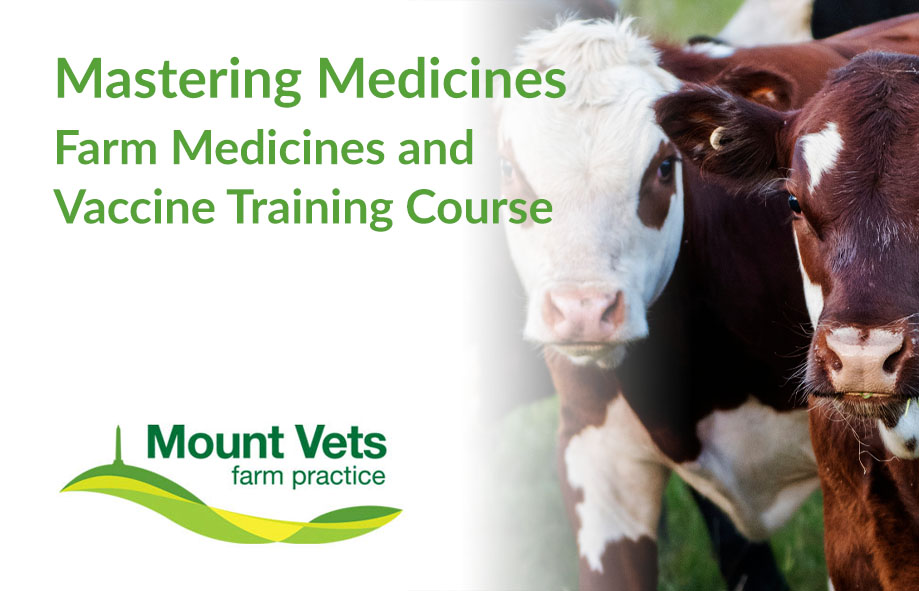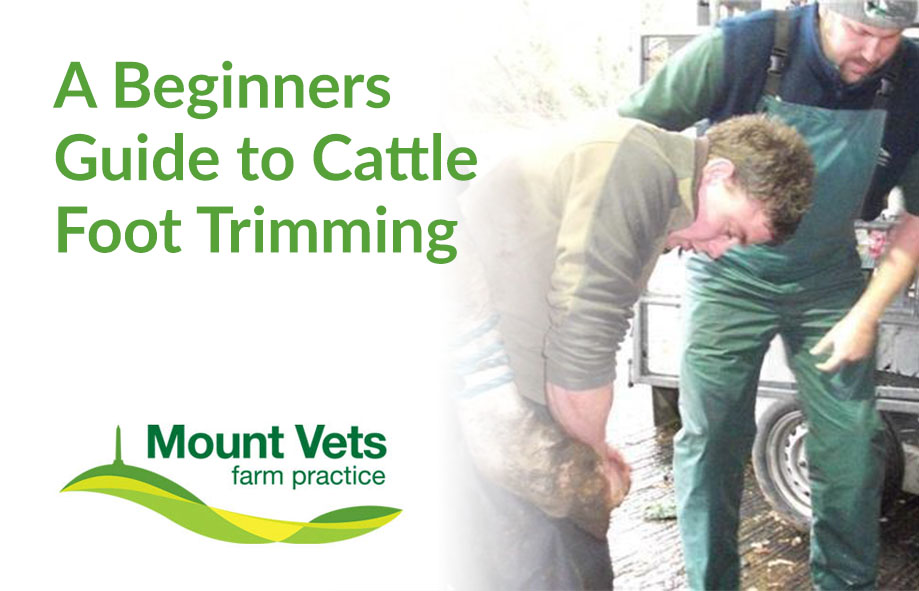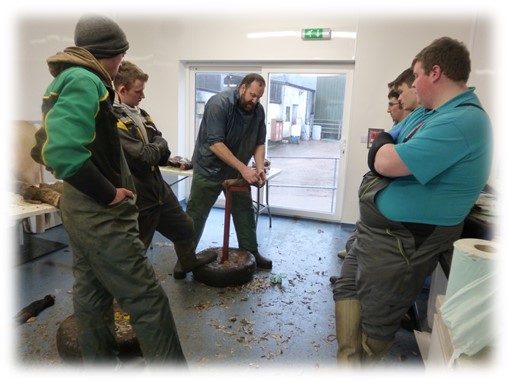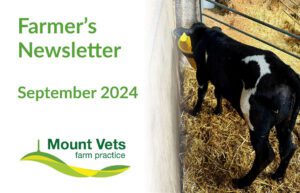December 2022
Here is the latest from our farm team at Mount Vets. If you would like any further advice or would like us to cover something in the next newsletter, please call us on 01823 662286 or contact us here.
We want to hear your feedback… Leave us a review!
Our new website is now live. We hope you enjoy an easier navigation through the pages and have had the opportunity to look at the new information that we have added. We value your feedback and comments and would appreciate if you could take the time to leave us a review! Please follow the link to share your thoughts. https://g.page/r/CTSyP_UXvSPIEAI/reviewSheep Scab
Sheep Scab is an extremely contagious, parasitic disease caused by the mite Psoroptes ovis. The adult mites live in the fleece and cause an allergic reaction that can lead to intense itching by affected animals. This often presents as rubbing & scratching against fence posts and nibbling and biting of the fleece.
Particular clinical signs to watch out for include:
- dirty areas of fleece from scratching hair, especially behind the shoulder
- clean areas of fleece, where sheep have nibbled
- broken areas of fleece on the sides of sheep from biting and scratching
During the early stages on infection animals can appear clinical normal, it can take up to 40 days before signs of itching can show up. The intense itching found in the later stages of the disease leads to reduced feed intakes and therefore loss of condition. In severe cases, large sections of fleece are rubbed off and is often accompanied by secondary bacterial infection of skin lesions.
Correctly diagnosing sheep scab is important as there are some other parasites such as lice that cause similar clinical signs but require slightly different treatment methods. Diagnosis can be achieved by looking at skin scraps under a microscope to identify the mites present. Blood samples can also be taken to look for antibodies against the mite. This is especially useful when animals are in quarantine before introduction to the main flock.
The two treatment options available are plunge dipping with an organophosphate or using an injectable wormer from group 3 wormers such as Ivermectin. As the mites can survive in the environment for several weeks, animals may need a second wormer treatment depending on which product was used. We are always happy to discuss treatment options so give us a call at the practice with any questions.
Even though Sheep Scab is no longer a notifiable disease, there is a legal requirement to treat animals that are suspected to be infected.
Prevention of Sheep Scab is centred around good biosecurity practices. Maintaining a closed flock is a good strategy for prevention, whenever animals must be brought in, quarantining away from the home flock is strongly advised. As mentioned above, blood sampling for antibodies can be done at this stage.
How do we monitor and protect against BVD?
Monitoring
Regular monitoring for BVD allows us to identify when BVD has entered a herd as soon as possible. For dairy herds we can use a combination of bulk milk testing and youngstock blood screening to monitor the herds status. For beef herds, we are reliant on youngstock blood screening although some of our beef herds are using the BVD tags as standard which is a great idea.
Protection
If BVD does make its way into a herd, ideally, we would like there to be immunity already in place to protect the homebred animals. We can achieve this through vaccination of the breeding animals on farm. This includes bulls and any animals that may be served in the next 12 months.
For further advice regarding BVD control, please do contact us at the practice!
Upcoming courses

MASTERING MEDICINES
7th February 2023 | 12-3pm
 The Farm Assurance Guidelines have changed. It is now recommended that at least one team member responsible for administering medicines has undertaken training and holds a certificate of competence. Attending our Mastering Medicines course ensures you are compliant with this recommendation. £50 + VAT.
The Farm Assurance Guidelines have changed. It is now recommended that at least one team member responsible for administering medicines has undertaken training and holds a certificate of competence. Attending our Mastering Medicines course ensures you are compliant with this recommendation. £50 + VAT.


FOOT TRIMMING
7th March 2023 | 10:30am-4pm
Are you a young dairy farmer or dairy farm worker that is keen to learn how to carry out routine foot trimming on your farm?
If so, this course is for you!
The day aims to teach the Dutch 5 step technique, which is used all round the world. This course will teach you the rudimentary techniques as well as allow you to practice on several feet on the day. You will also learn more about the overall control of lameness within the herd.
Course fees:
£25 if YFC age (with funding from Laura Persey Trust)
£100 for over YFC as an unsubsidised fee.
Please ring the practice to book your place on any of our courses on 01823 662286 or email farm@mountvets.com
Merry Christmas and Happy New Year!
From all of us at Mount Vets, we would like you wish you a very merry Christmas and a prosperous New Year!!
Have a question about any of the topics covered in this newsletter?
If you need any assistance with the topics covered in this newsletter, please do not hesitate to get in touch with our experienced farm vets who will be able to help. Call 01823 662286, or contact us here.


